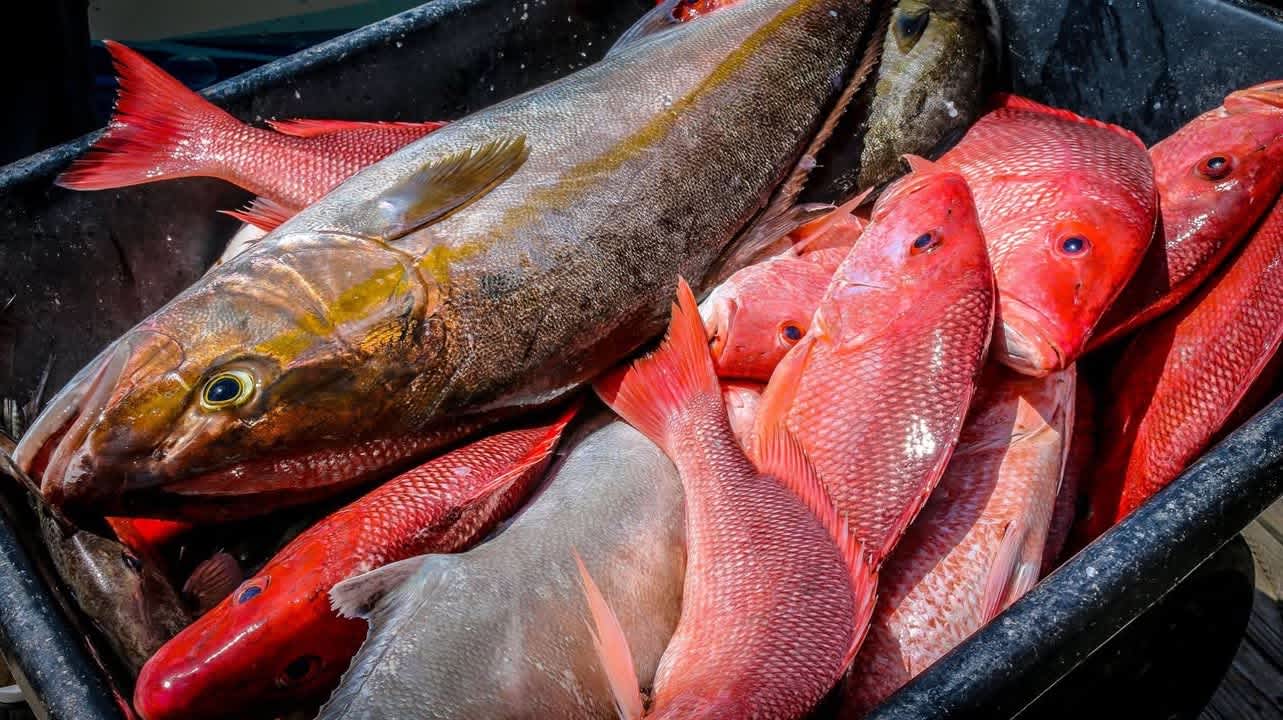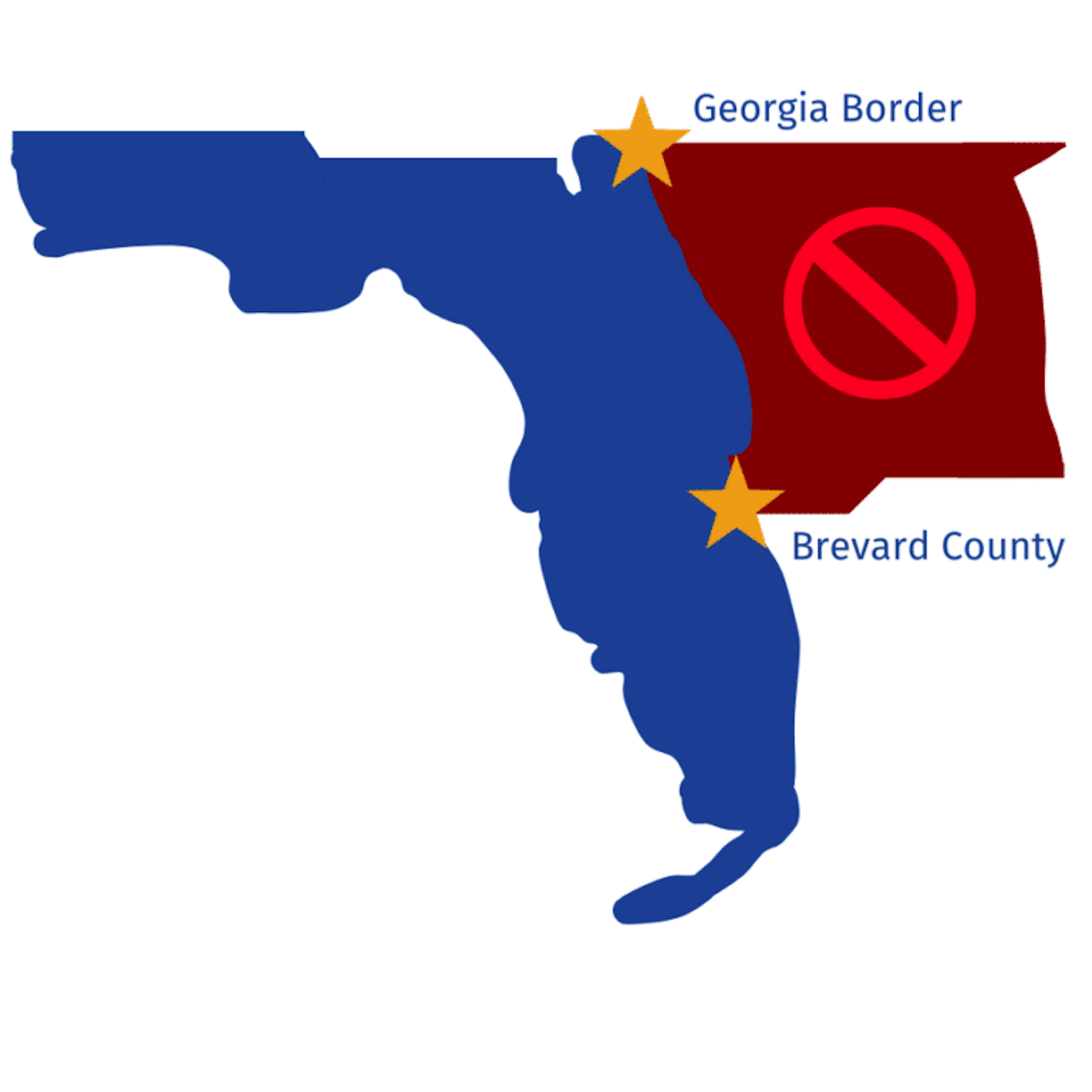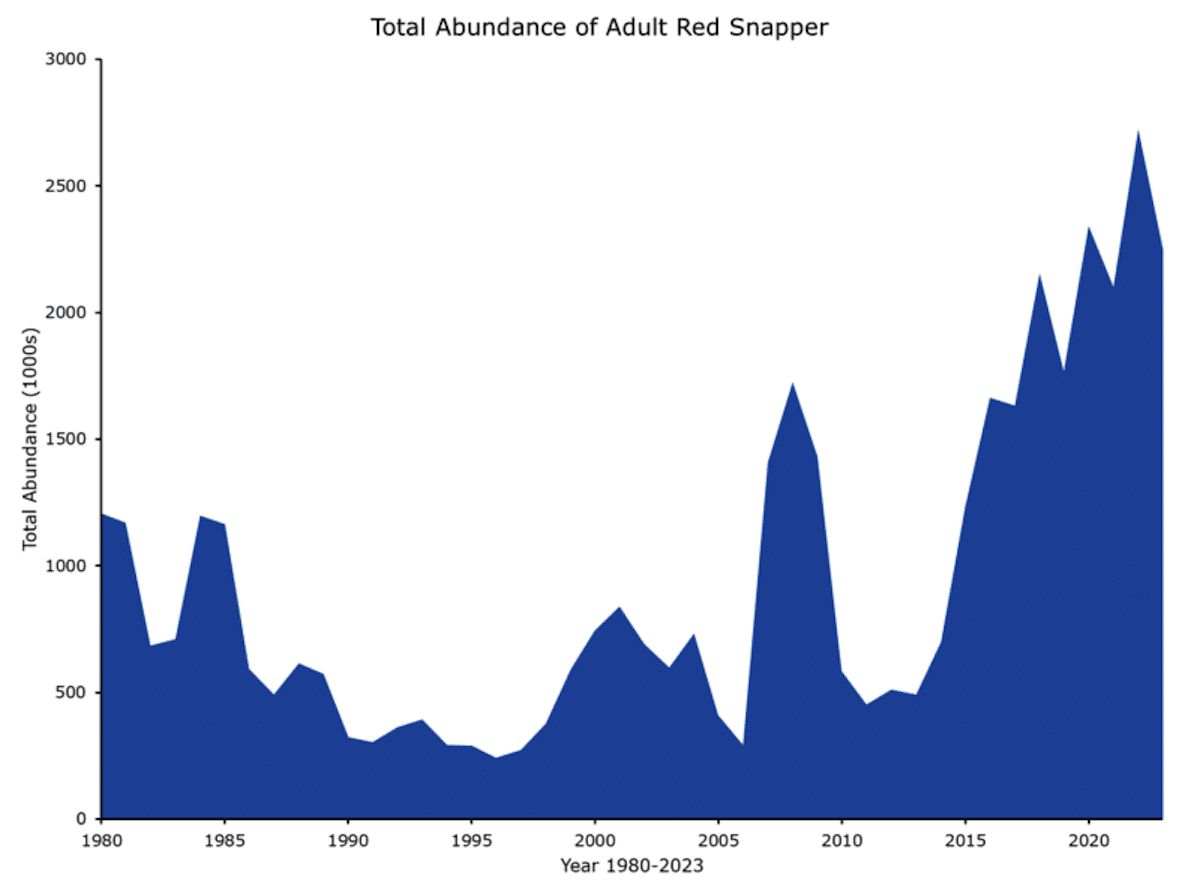
Keith Lusher 07.15.25

In a welcome turn of events, the recreational fishing community is breathing a sigh of relief. NOAA Fisheries has officially withdrawn the controversial three-month bottom fishing closure from Amendment 59. After months of pushback from anglers, industry groups, and elected officials, common sense has finally prevailed over heavy-handed federal overreach.
The proposed closure, which would have negatively affected Florida’s recreational fishing industry by shutting down bottom fishing for 55 species from December through February, has been scrapped entirely. This represents a significant victory for the thousands of anglers who spoke out against what many considered NOAA’s most misguided restriction yet.

A map displays the area previously under consideration for the bottomfishing ban. Photo: ASA
A Win Built on Facts, Not Fear
The withdrawal comes as both anglers and NOAA’s own scientists acknowledge that red snapper populations in the South Atlantic are thriving. Recent data shows more red snapper in these waters than at any time in recent memory, a testament to the conservation efforts and sacrifices made by recreational anglers over the past two decades.
Even more telling is NOAA’s recent admission that its Marine Recreational Information Program (MRIP-FES) data—the very foundation used to justify these measures—may be off by as much as 30-40%. It’s hard to justify shutting down an entire fishery based on data that even the agency collecting it admits is fundamentally flawed.
 Data shows more red snapper in these waters than at any time in recent memory photo: ASA
Data shows more red snapper in these waters than at any time in recent memory photo: ASA
Martha Guyas, Southeast Fisheries Policy Director for the American Sportfishing Association, perfectly captured the sentiment: “We are encouraged to see NOAA reconsider and withdraw the flawed bottom fishing closure. With more than 5 million anglers taking to the water yearly in our state, recreational fishing contributes $11.1 billion to the Florida economy and supports more than 70,000 jobs.”
Strength in Numbers
The withdrawal didn’t happen in a vacuum. It resulted from unprecedented industry unity, with 76 members of the recreational fishing industry from dozens of states signing onto ASA’s opposition letter. NOAA received more than 600 public comments during the comment period, with the overwhelming majority opposing the closure.
Elected officials also stepped up in a big way. Senator Rick Scott and Representatives John Rutherford and Darin Soto introduced the bipartisan Red Snapper Act, which would have prohibited any area closures until the ongoing Great Red Snapper Count is completed. This kind of legislative pressure undoubtedly influenced NOAA’s decision to reverse course.
Work Remains, But Progress is Clear
While celebrating this victory, it’s important to recognize that challenges remain. The recreational red snapper season is still limited to just two days in 2025: July 11 and 12. This remains an unacceptably short season for a fishery that has rebuilt nearly 20 years ahead of schedule.
The ongoing Great Red Snapper Count, expected to be completed this summer, should provide better data to support expanded access. Additionally, Florida, Georgia, and South Carolina have formally requested state management of Atlantic red snapper, a proven successful model in the Gulf of Mexico.
Looking Forward
This withdrawal represents more than just a policy reversal; it validates that the recreational fishing community’s voice matters when we stand together. Federal regulators simply cannot ignore the economic impact of Florida’s recreational fishing industry, which generates $11.1 billion annually and supports more than 70,000 jobs.
Assistant Administrator Eugenio Piñeiro Soler deserves credit for taking a level-headed approach to this amendment and recognizing that heavy-handed closures aren’t the answer when fisheries are rebounding.
As we progress, we should focus on improving data collection and expanding reasonable access to these rebuilt fisheries. After two decades of sacrifice and conservation success, recreational anglers have earned the right to enjoy the fruits of their efforts, not face arbitrary shutdowns based on questionable data.
The fight isn’t over, but this victory proves that Washington listens when the fishing community speaks with one voice.
Trending Products












